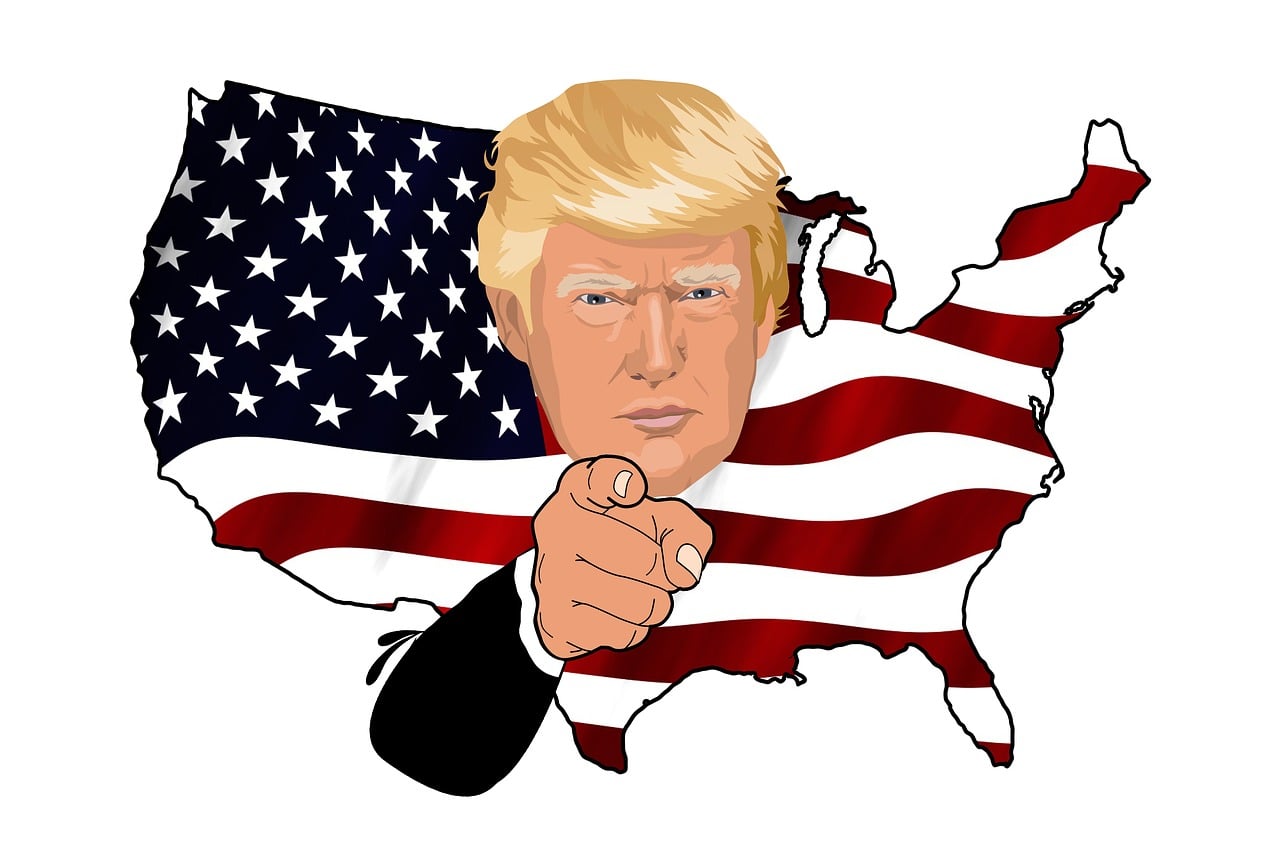During the last presidential campaign, Hillary Clinton labeled some of Donald Trump’s legions of white working-class supporters as “deplorables.” While many of them — were racists, misogynists, xenophobes, and opponents of basic civil liberties, perhaps just as many were attracted by Trump’s willingness to shake up the status quo, and maybe even bring back millions of decent jobs from overseas.
Q2 hedge fund letters, conference, scoops etc
Still, the Trump coalition was much broader than just the angry working-class voters. Two other large groups supported him. One was the corporate ruling class, well-to-do business owners, and the rich. The other was composed of members of fundamentalist Christian sects.
Since his inauguration, Trump has tried very hard to keep the campaign promises he had made – to end Obamacare, curb immigration, cut back on government regulation, lower taxes, restrict abortion, and to bring back millions of well-paying jobs lost to off-shoring and automation.
He figured correctly that if he succeeded in keeping most of his promises – and made good faith efforts to keep the others – he would retain virtually all of his political support, win over other voters, and easily be elected to a second term. As we shall see, there are three problems with this strategy.
First, despite the continued support among tens of millions of die-hard followers, a substantial number of Trump voters have been having buyer’s remorse. A second reason why it will be difficult for him to be reelected is that he is not winning many new followers. And finally, despite his attempts to reenact his old-style campaign rallies, he still seems to be running against Hillary Clinton.
Let’s look at what President Trump did for his deplorable constituency. Besides trying to ban Moslems from entering the country, build a wall to keep out Mexicans and Central Americans, and prevent transsexuals from serving in the military, he also has supported having a work requirement for receiving food stamps, public housing, and Medicaid. These measures would cut back on so-called “welfare” payments going to the “undeserving” poor, nearly all of whom were thought to be blacks and Hispanics.
The rich, the corporate ruling class, and the Main Street business owners were gifted with a huge tax cut at the end of 2017. Although billed as an economic stimulus measure, it was actually an extremely generous handout to those Americans who least needed it.
The Trump gifts presented to the fundamentalists were his two Supreme Court nominees – Neil Gorsuch and Brett Kavanaugh. Both will be reliable votes to reverse Roe vs. Wade, making abortions much more difficult to obtain. And adding the frosting to the cake, the president hopes to still keep his promise to defund Planned Parenthood.
In what some may consider a deal with the devil, these religious groups have looked the other way with respect to the president’s despicable personal behavior. After all, he does side with them about the evils of abortion, homosexuality, same-sex marriage, and the separation of church and state.
Now let’s consider Trump’s chances of retaining his three main groups of supporters. Surely the president’s actions have continued to appeal to the so-called deplorables.
His support among those who voted for him because he promised economic change will decline when increasing numbers of them realize that the change he wrought not only did not improve their lives but made them even worse. Not only will his trade wars not bring back the jobs lost in recent decades, but they will cost still more jobs when China, the European Union, Canada, Mexico, and our other major trading partners raise their tariffs in response to our raising our own. Indeed, many are already targeting the exports produced by strong Trump supporters such as farmers and blue-collar manufacturing workers.
The rich and the business class will not be very happy campers if Trump continues to escalate our trade wars. Although we are currently at full-employment, and will likely withstand shrinking markets for our exports and higher prices for our imports, within months we may see rising unemployment and a rising rate of inflation. In fact, the current economic expansion may end, and our economy sink into a recession by early next year.
The 2017 tax cut is a fading memory even for the rich. Like the rest of us, they ask what the president has done for them lately. Starting a trade war is not the right answer.
Finally, however willing the Trump’s fundamentalist supporters had been to overlook his personal sins because they loved his policy decisions, his order to separate the children of asylum-seekers from their parents may have been one sin too many for such staunch supporters of the conventional family.
In 2016 Donald Trump barely managed to beat an extremely politically inept and widely disliked opponent. Despite his fervent desire to run against her again, it ain’t gonna happen. If he’s still in office in 2020, and if he wins the Republican nomination, he would lose in a landslide even if Hillary Clinton were his opponent.
But he won’t have “crooked Hillary” to kick around any more. By then his sophomoric name-calling, ad homonym personal attacks, dishonesty, corruption, monumental incompetence, and gross ignorance will have grown very old. Even the president to whom he compares himself most often, Abraham Lincoln, once said, “You can fool all the people some of the time and some of the people all the time, but you cannot fool all the people all the time.”
Author: Steve Slavin
Steve Slavin has a PhD in economics from NYU, and taught for over thirty years at Brooklyn College, New York Institute of Technology, and New Jersey’s Union County College. He has written sixteen math and economics books including a widely used introductory economics textbook now in its eleventh edition (McGraw-Hill) and The Great American Economy (Prometheus Books) which was published last August.





